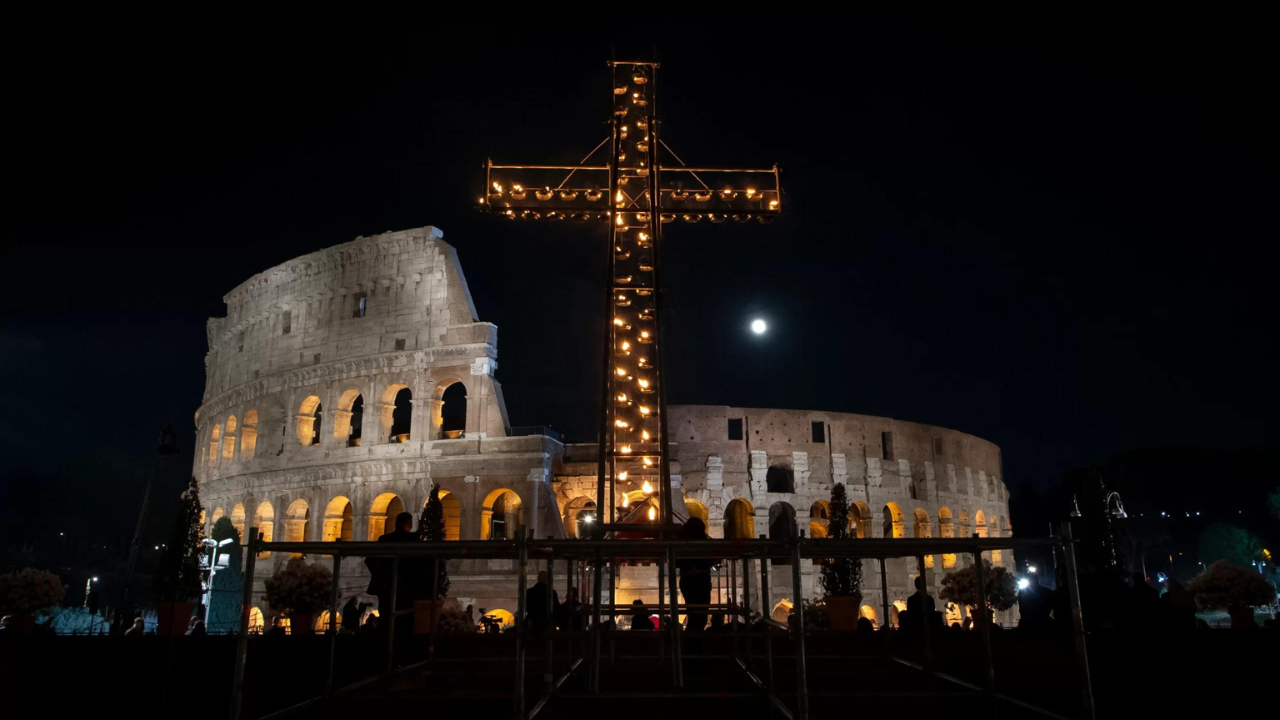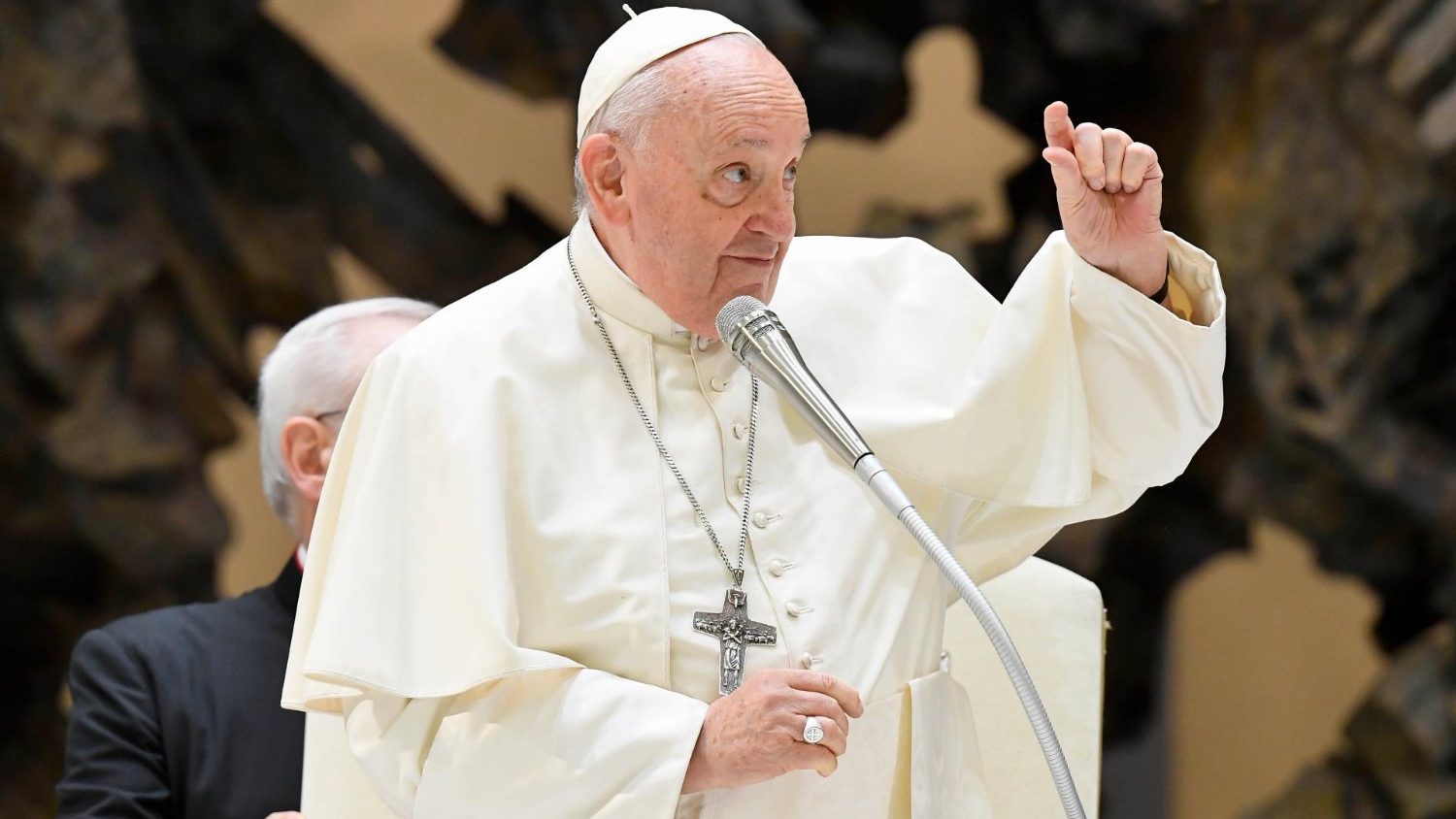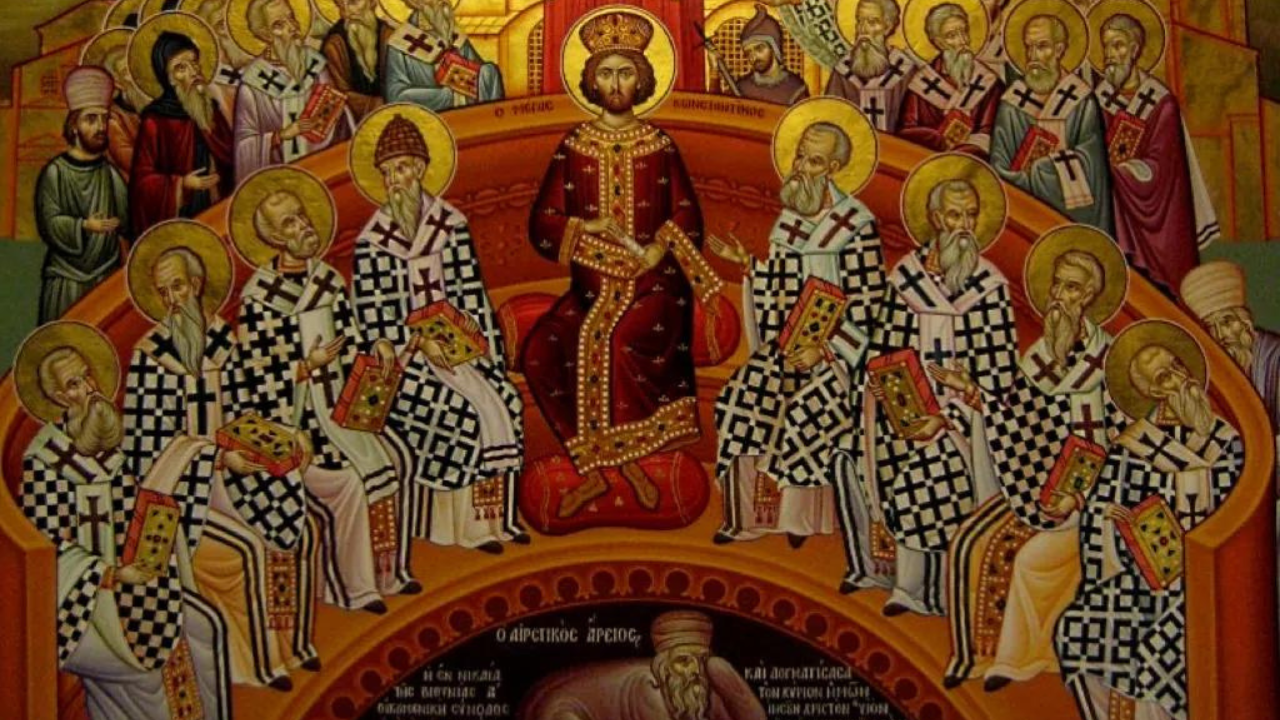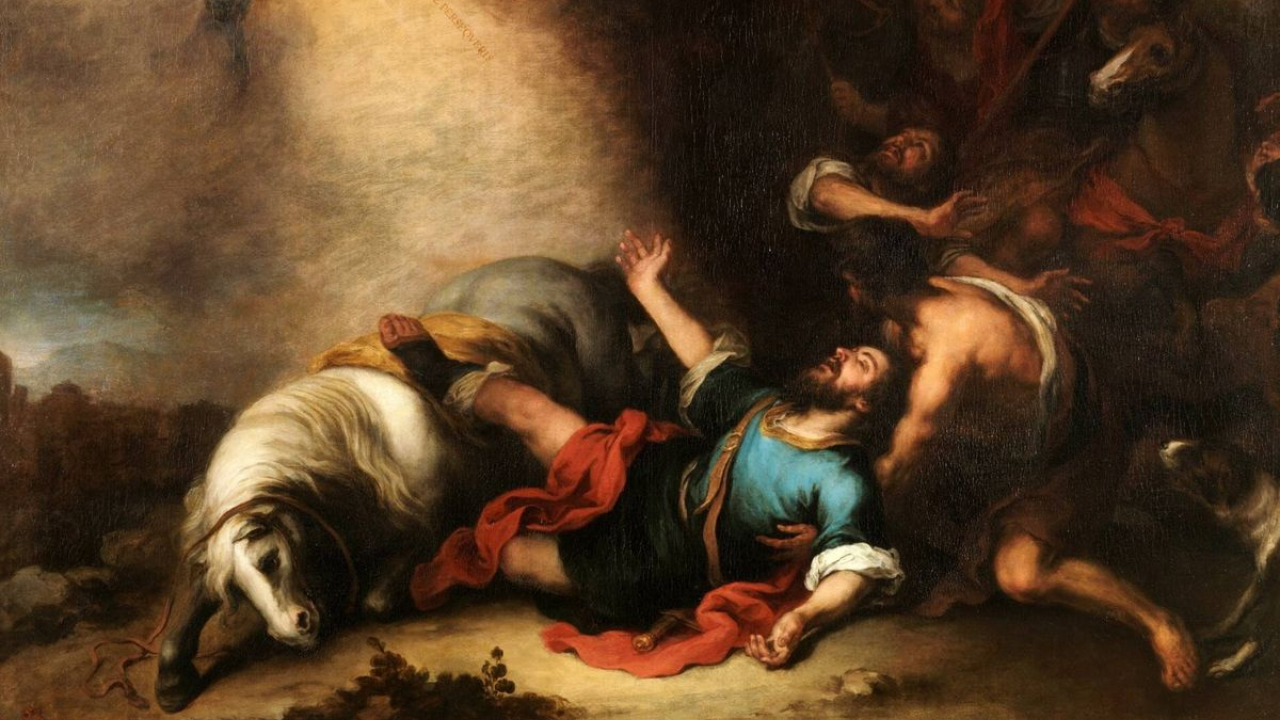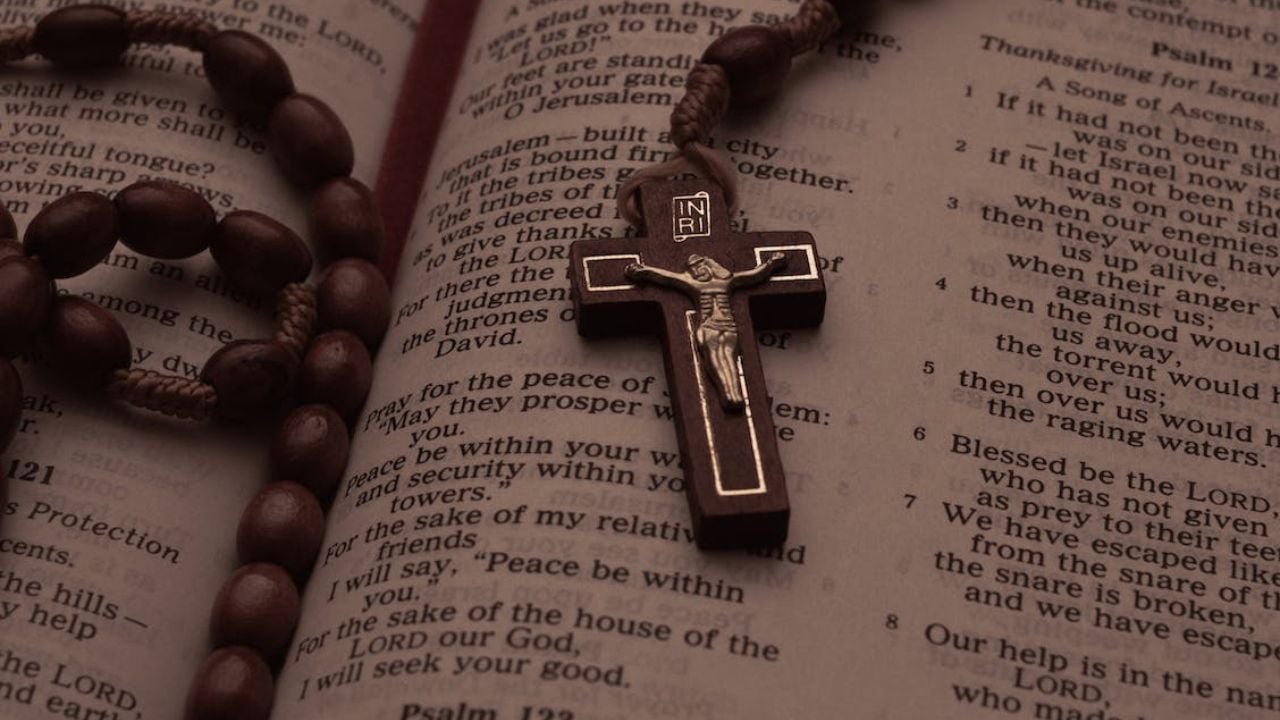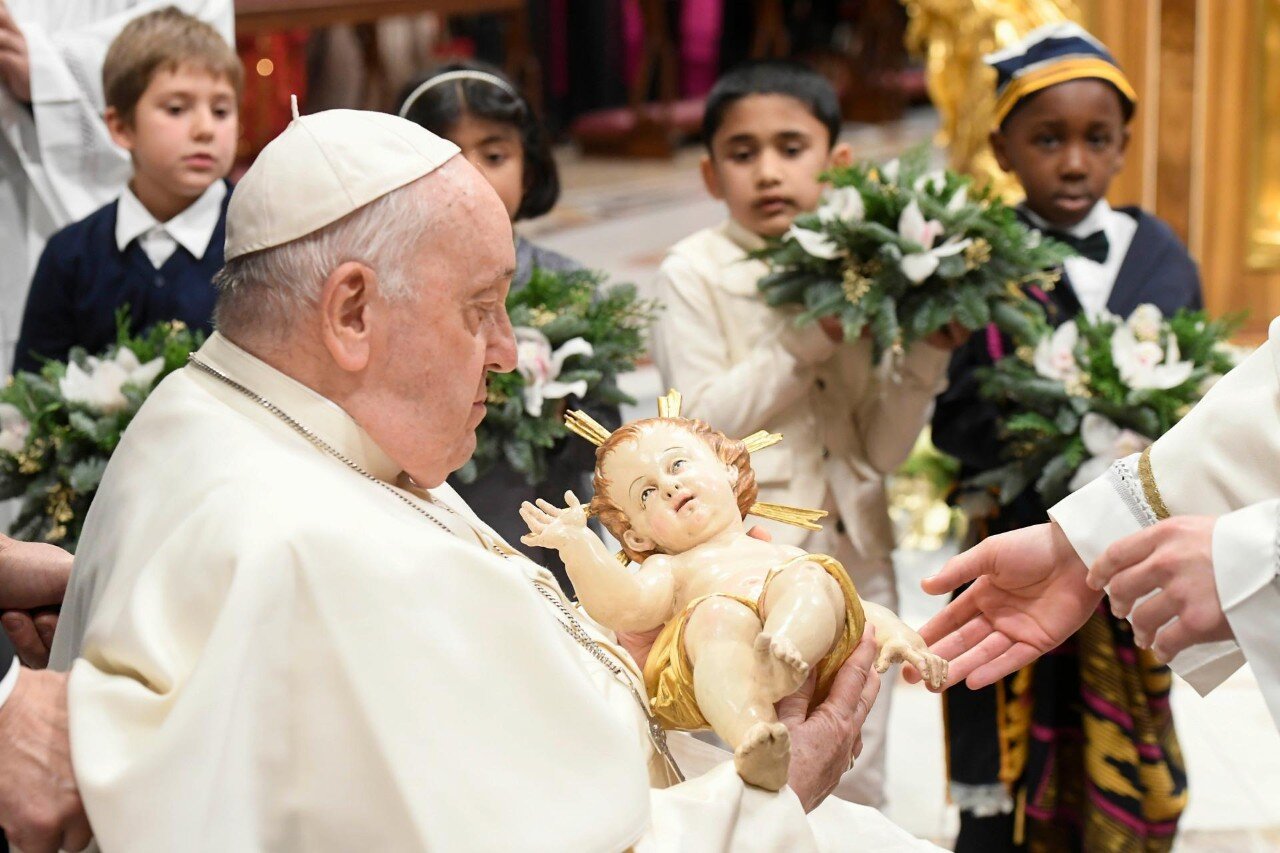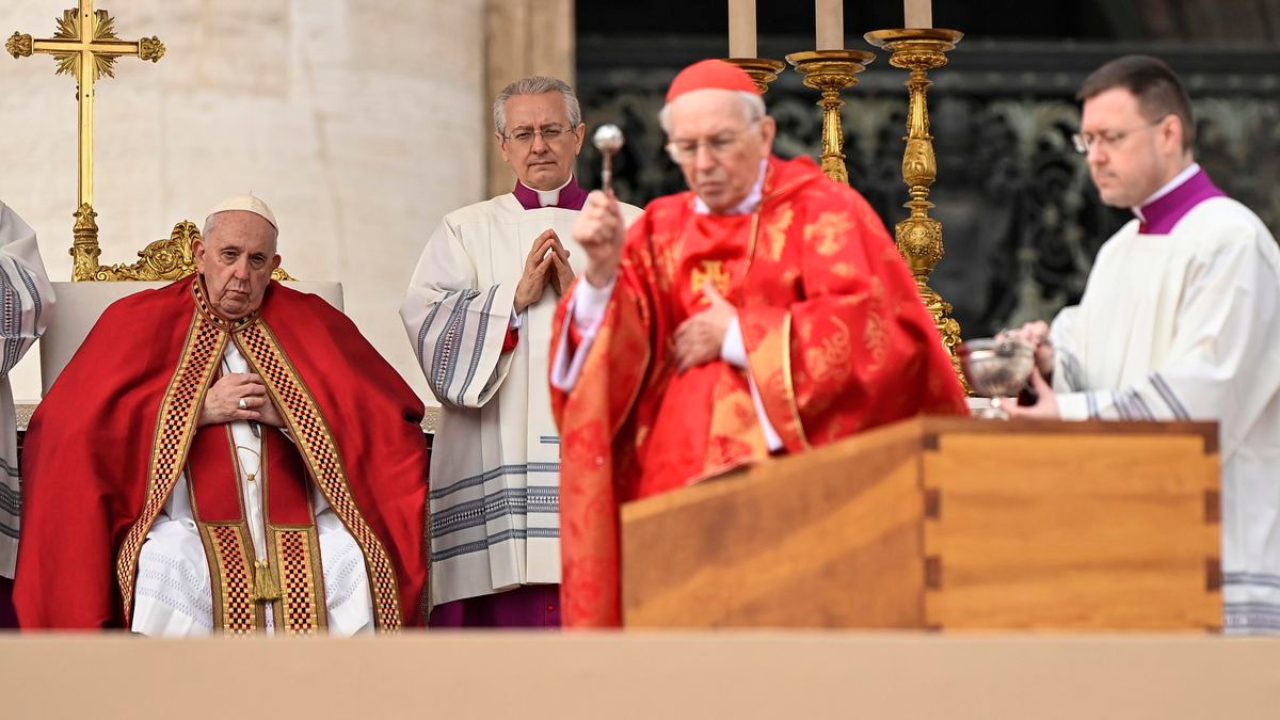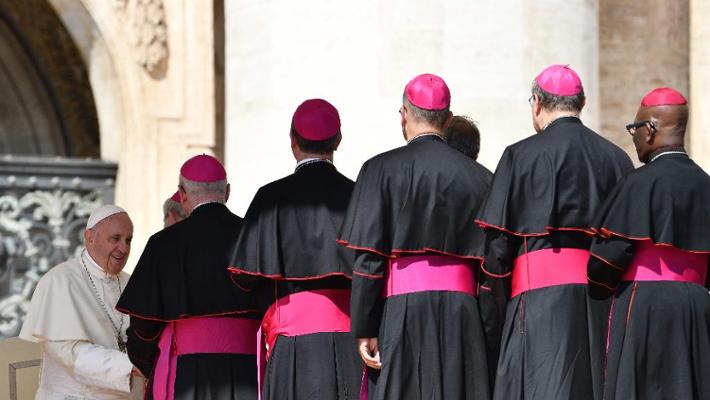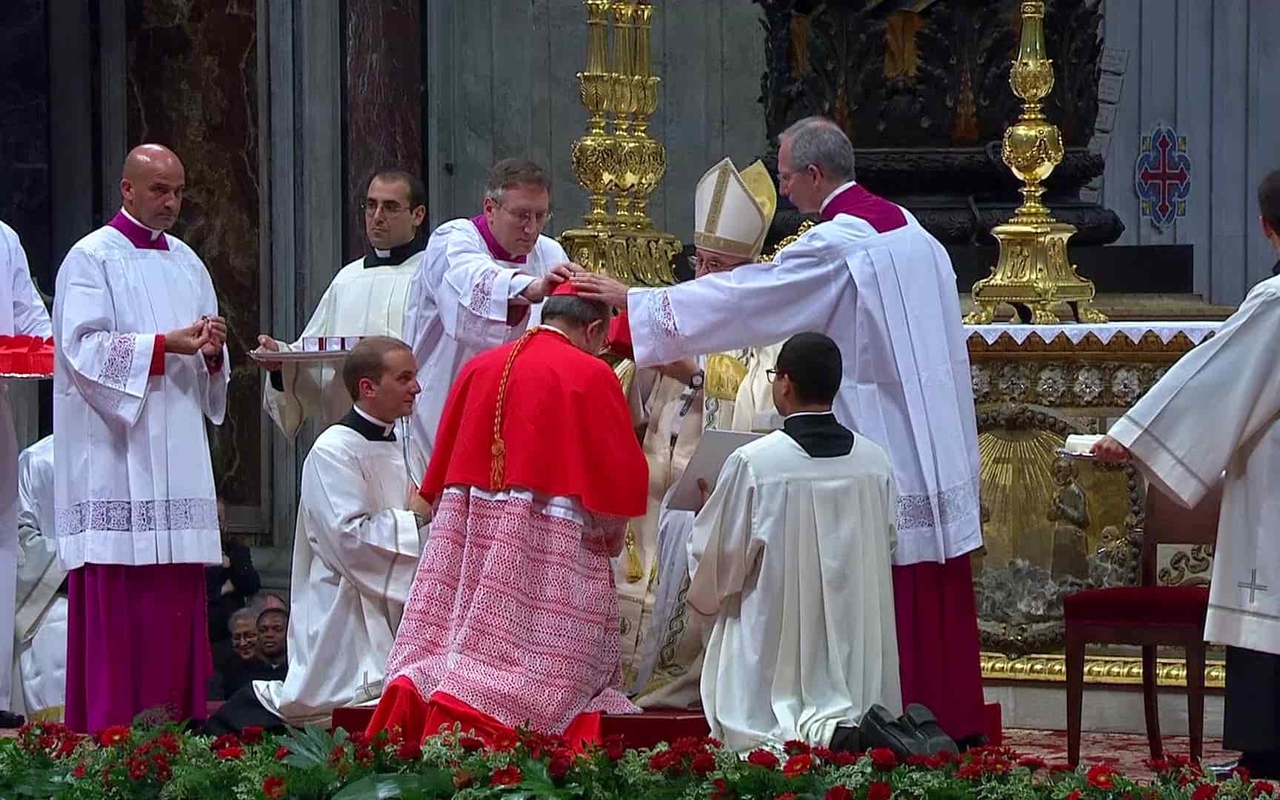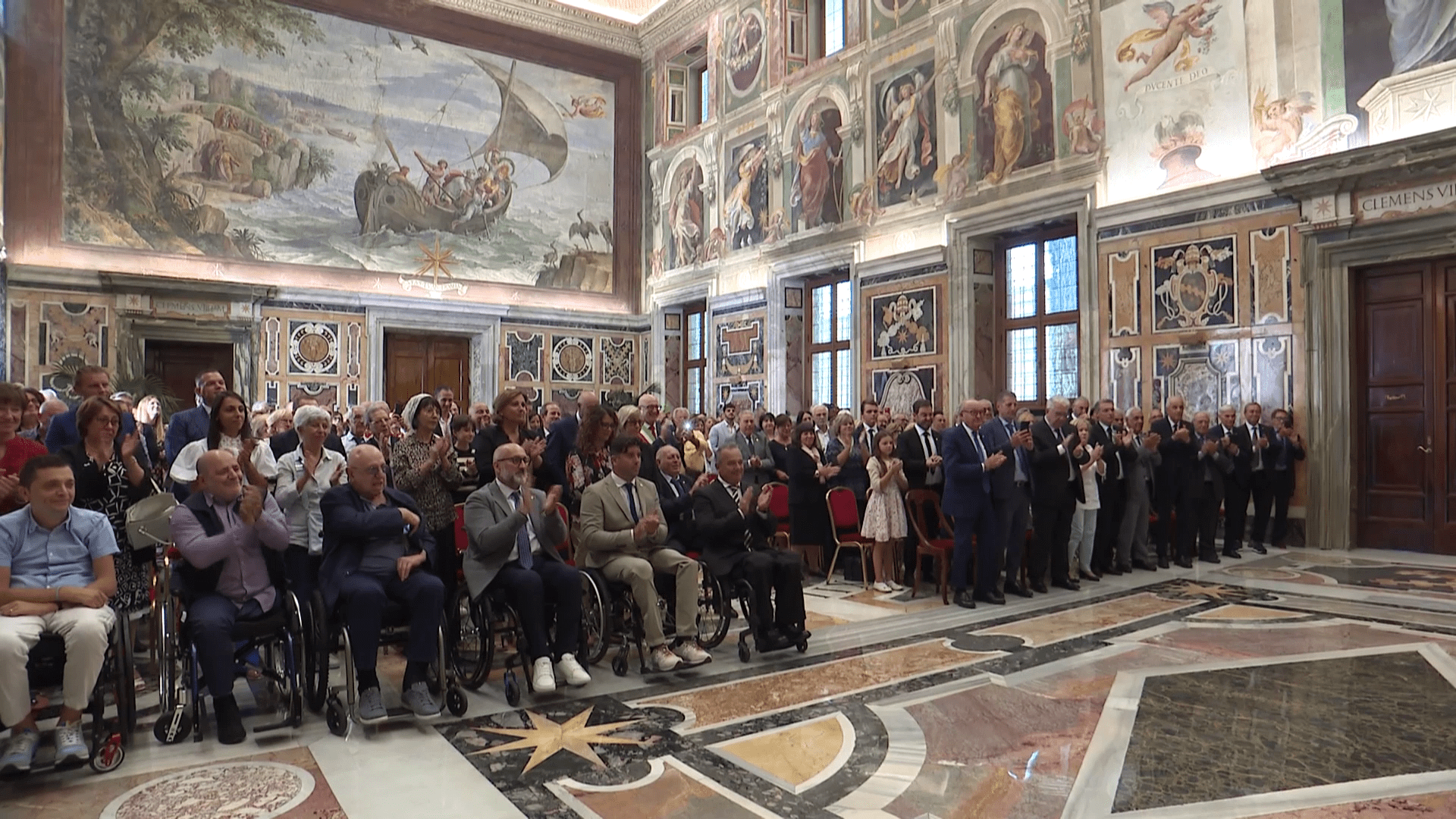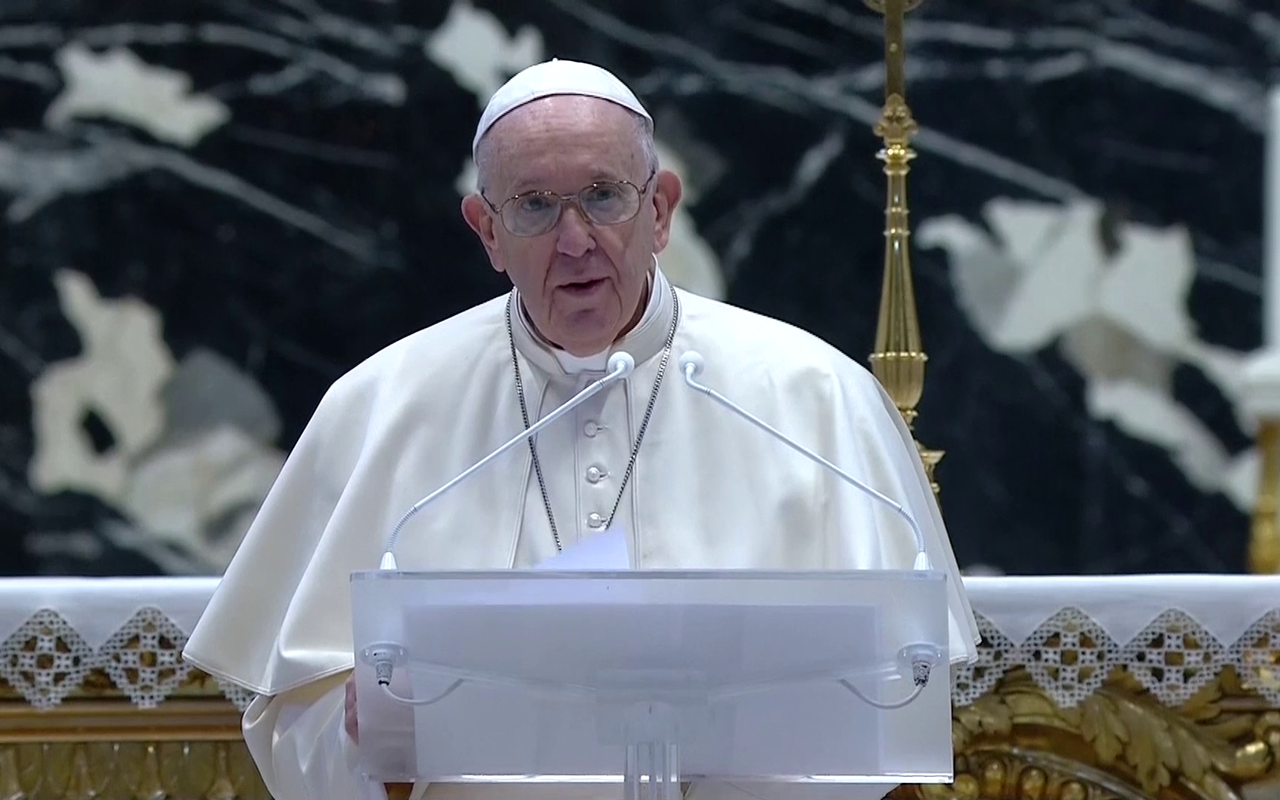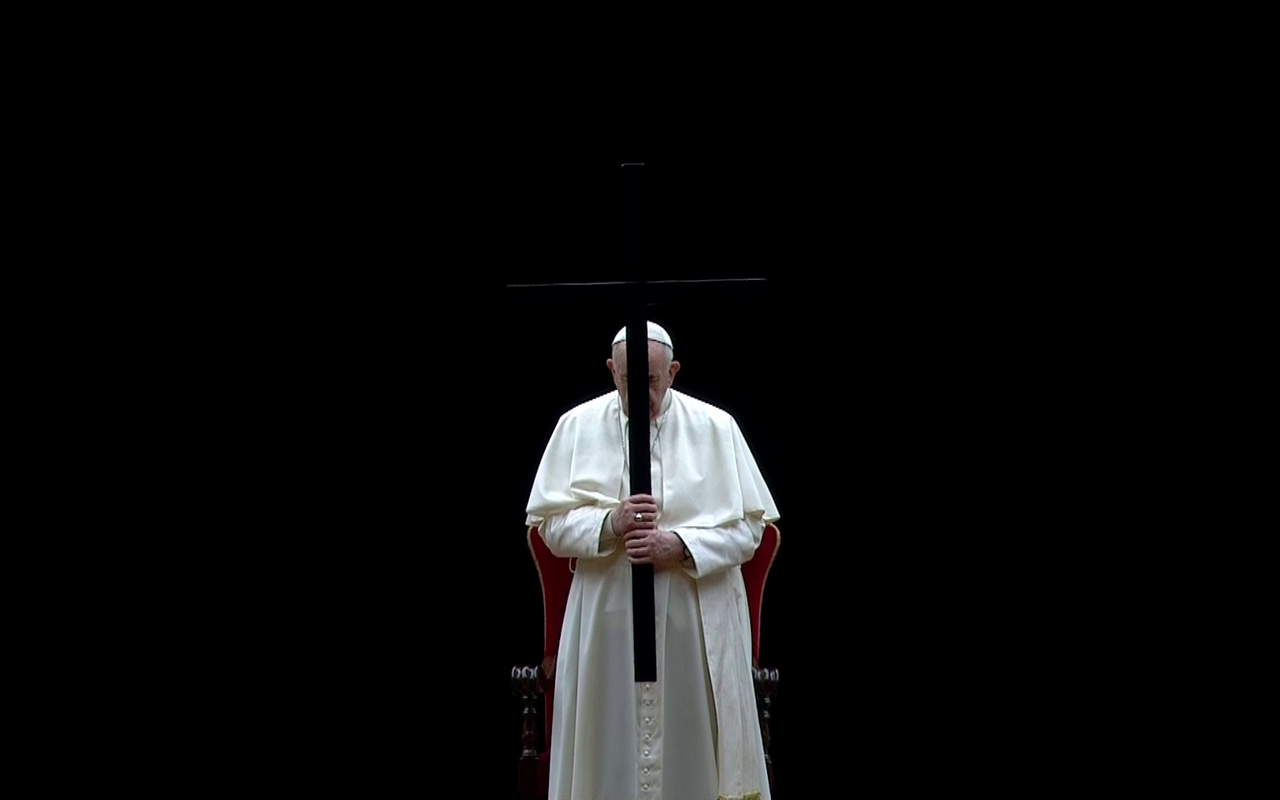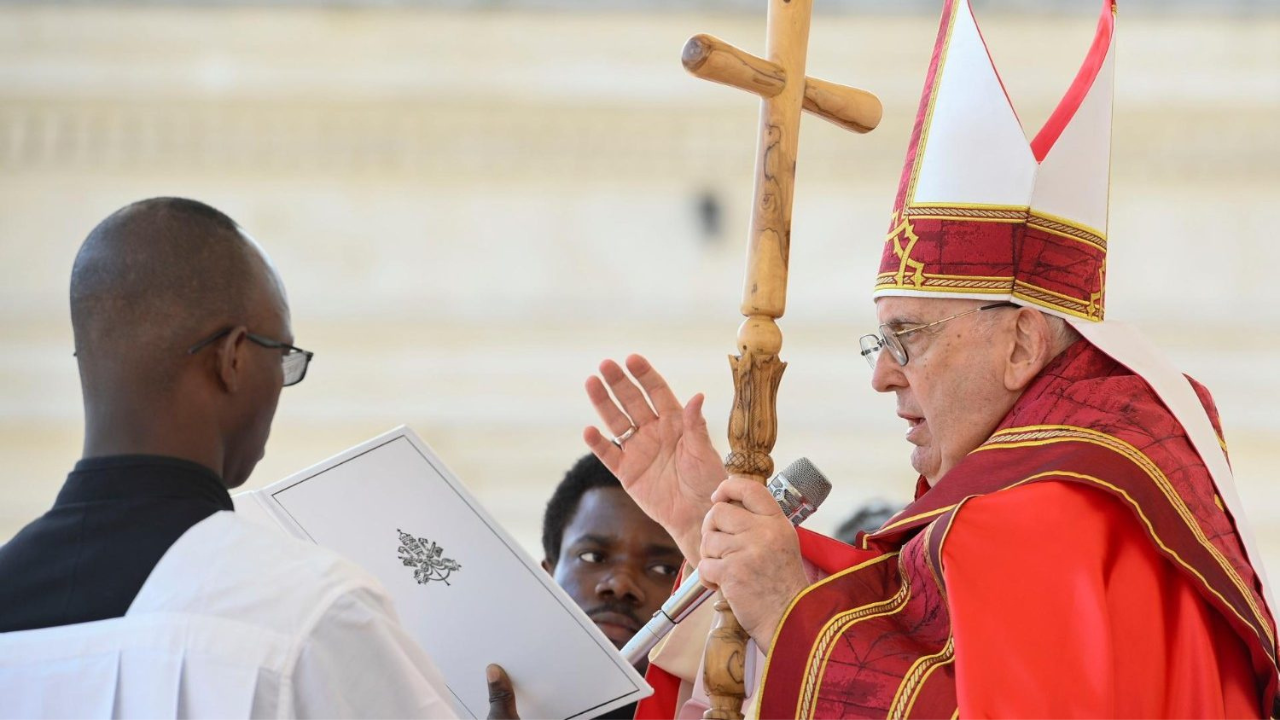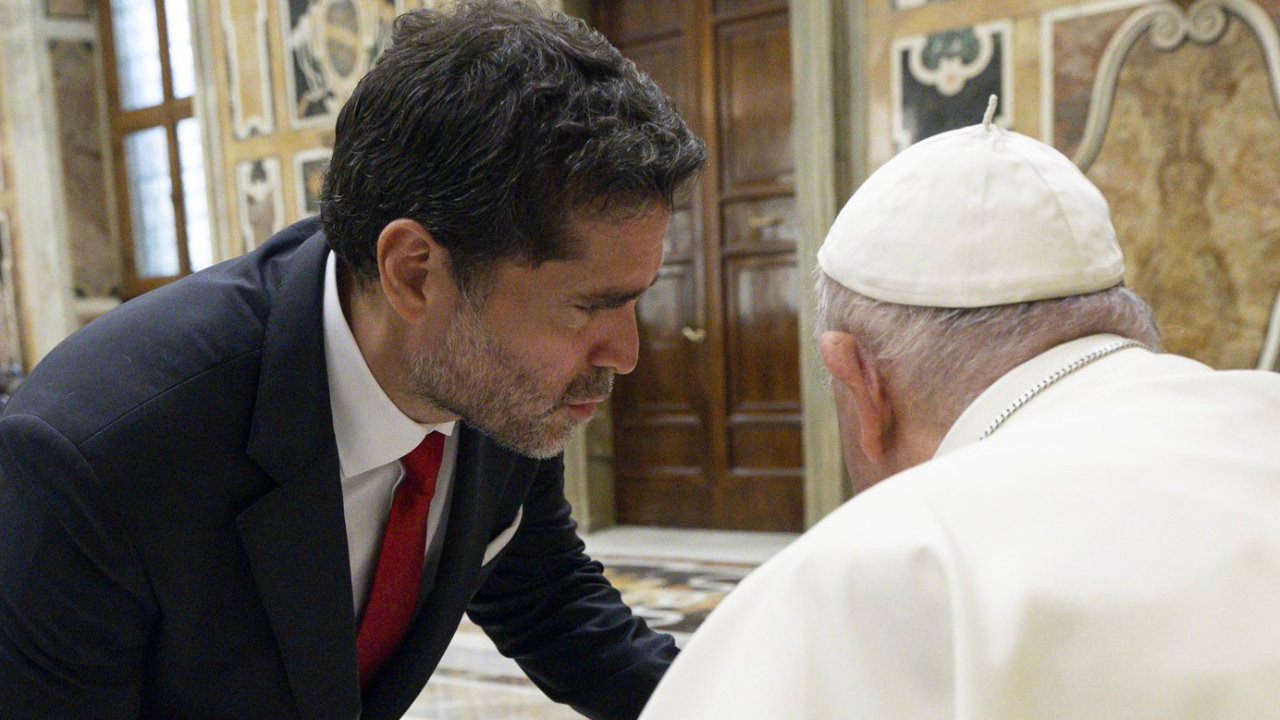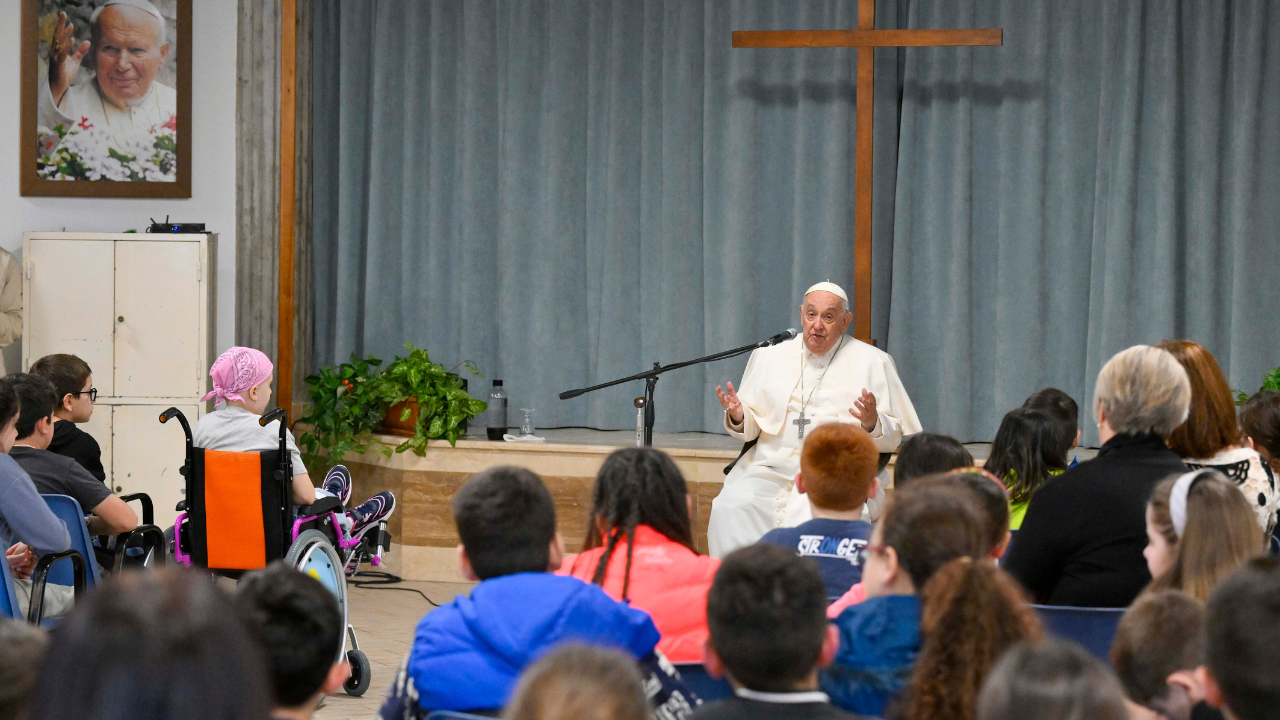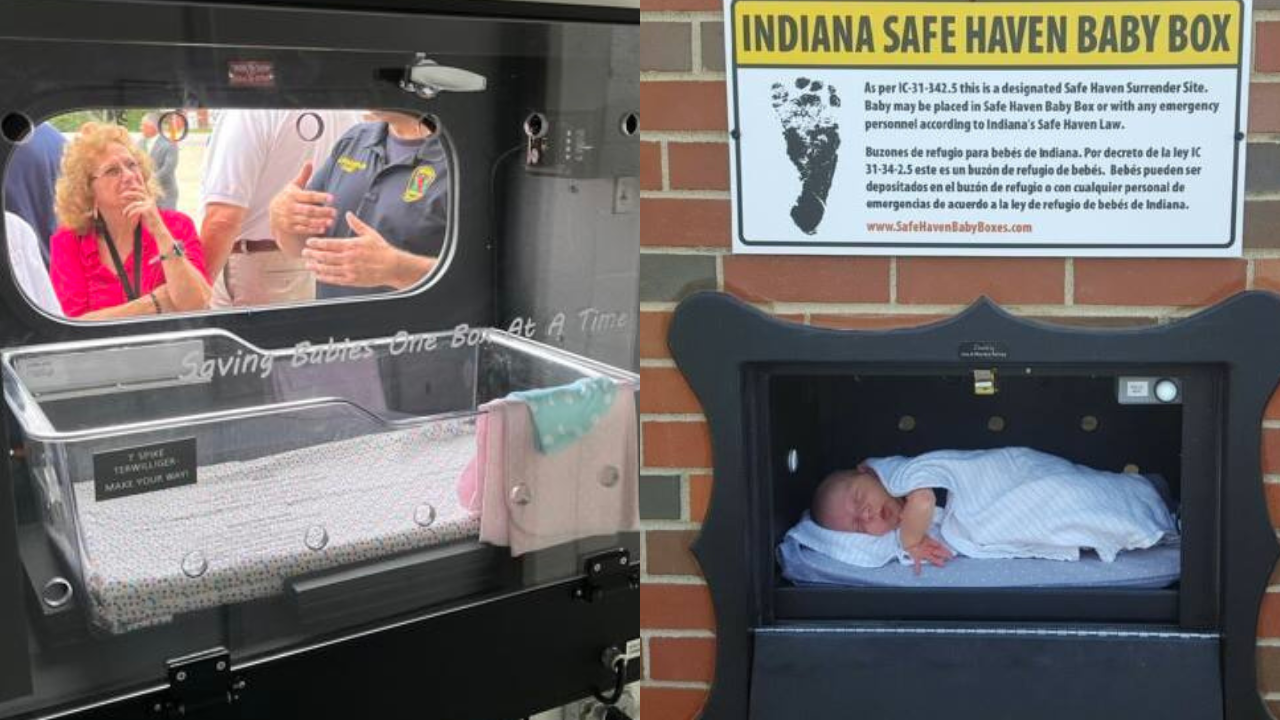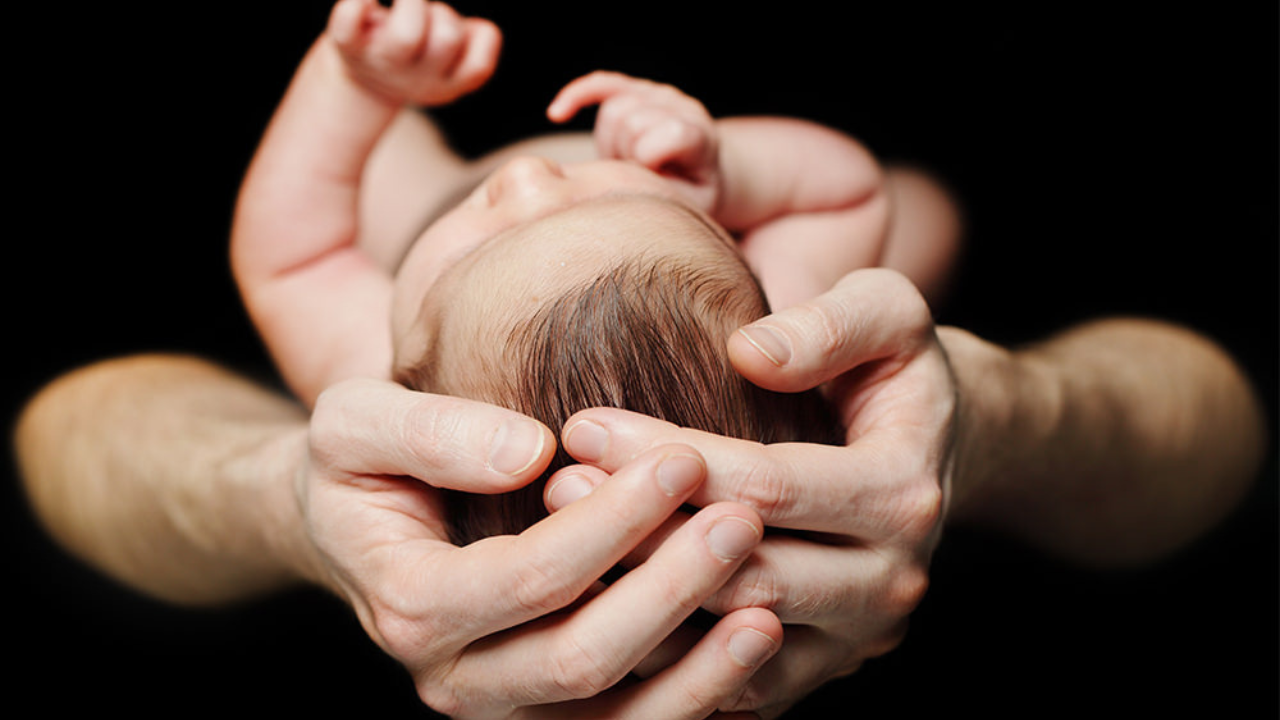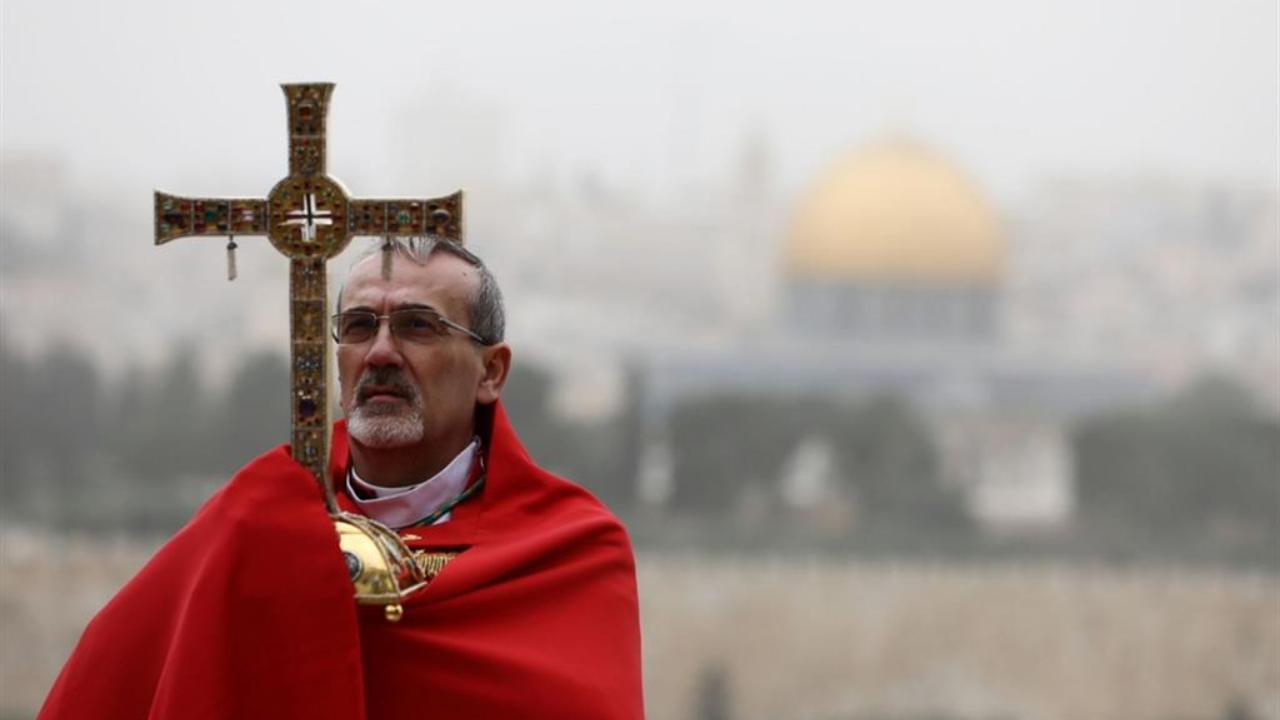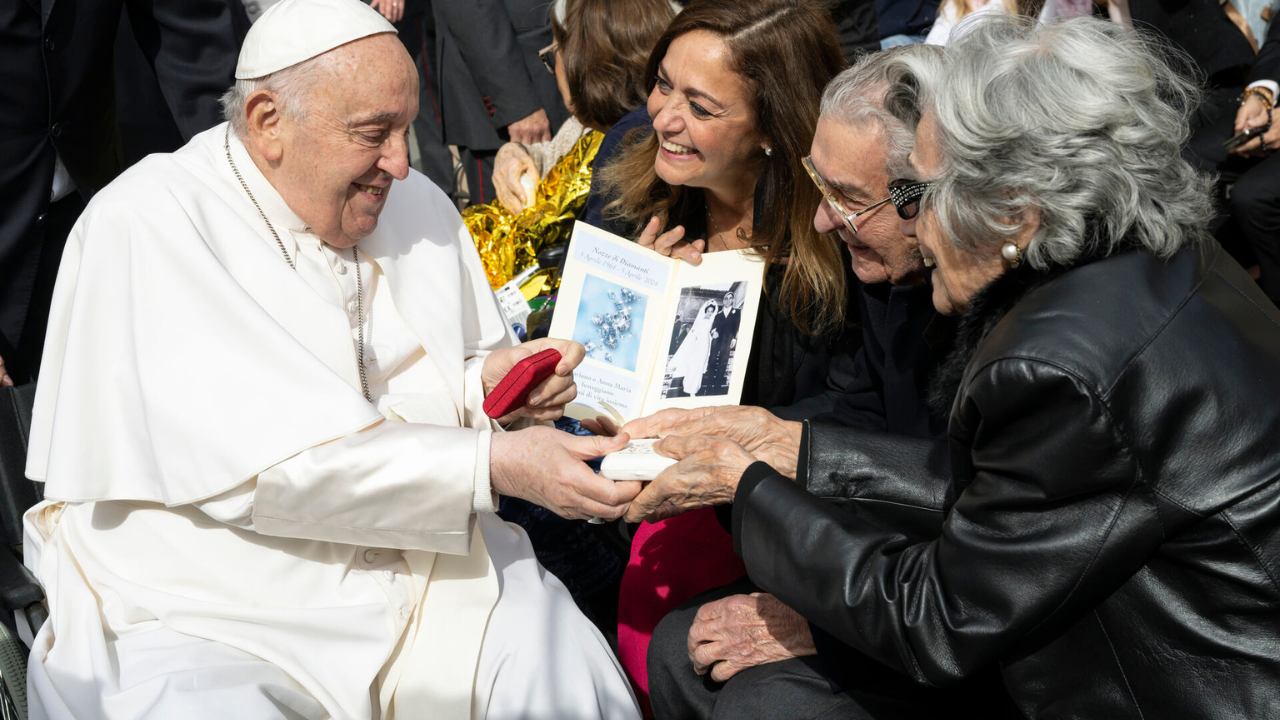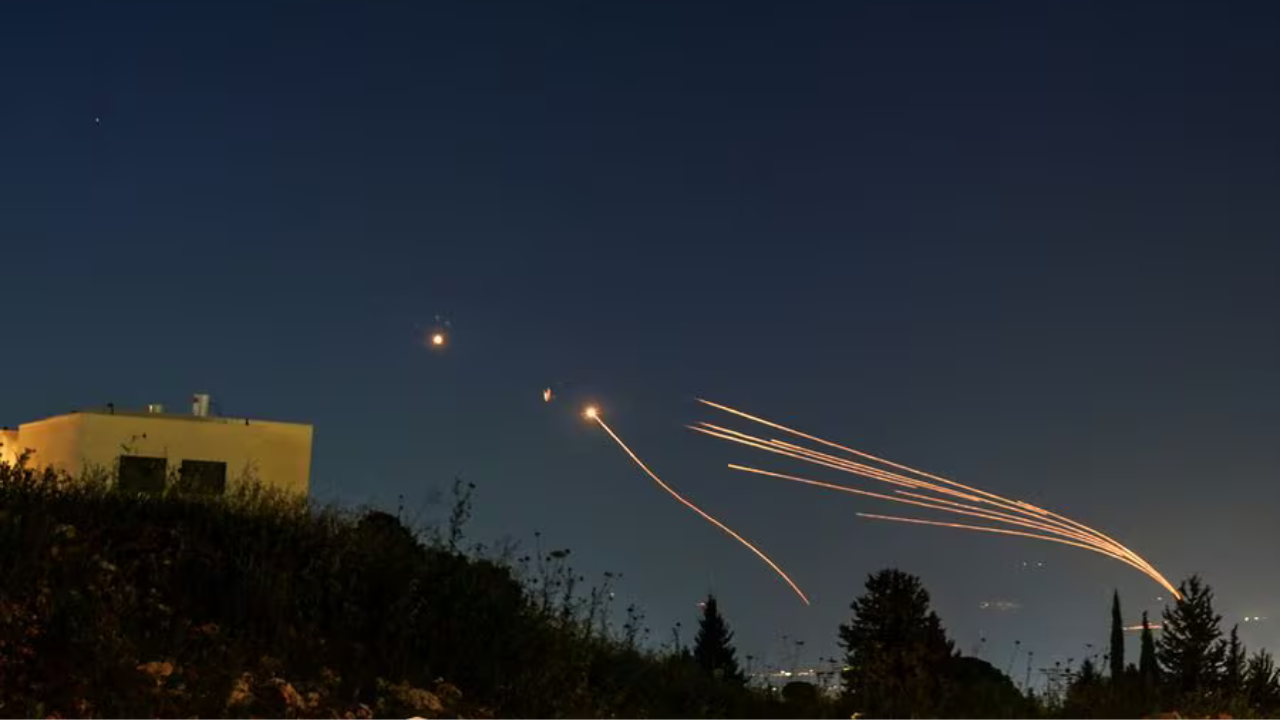Exclusive news for subscribers of Rome Reports Premium:
https://www.romereports.tv/analysis-keys/videos/keys-one-year-after-abuse-summit-what-s-changed
------
After the sexual abuse summit in February 2019, the Vatican released three sets of responses: one in March, one in May and another in December.
1.-ELIMINATING A CULTURE OF SILENCE
The first step was making it obligatory to report any type of sexual abuse—be it of minors or adults—in dioceses, religious congregations and the Vatican. Bishops and superiors were prohibited from imposing silence on victims and witnesses. The summit also led to a clarification of the legal procedure for denouncing and prosecuting bishops. Each diocese was asked to designate an office specifically for receiving reports of abuse. Most importantly, the papal secret was abolished, after it was determined a perfect tool for cover-ups.
The papal secret would be the equivalent of a civil government's state secret. Bishops could use it to avoid collaborating with authorities or simply to remain silent when convenient.
MSGR. JUAN IGNACIO ARRIETA
Secretary, Pontifical Council for Legislative Texts
“The pontifical secret was an obstacle, more than anything, which impeded effective communication between the parties involved in the process. This included victims, lawyers and the accused. It made it difficult for them to obtain the necessary information for a fair trial.”
2.-COLLABORATION WITH LOCAL AUTHORITIES
The bishops are now required to collaborate with civil justice authorities. Nevertheless, there are laws preventing bishops from reporting pedophile priests. The decision to share the committed abuse is left to the victims' parents or guardians.
MSGR. JUAN IGNACIO ARRIETA
Secretary, Pontifical Council for Legislative Texts
“There are some countries where, if a bishop is told of a crime of this nature, he is legally obligated to go to the police. There are other countries where, if he goes to civil authorities, he can find himself in a very serious situation.”
“There are countries where reporting is allowed, but only 'by motion of the party.' They say it has to be the parents, the family or the victim, but not just anyone can report.”
FR. HANS ZOLLNER
Centre for Child Protection (Rome)
“The Catholic Church, unfortunately, can't make one all-encompassing rule. There are 200 countries, each with a very different legal situation. Moreover, there are victims who want to be protected and not exposed. In some countries, including in the west, the legal process can make the victim relive the trauma by making them recount the abuse. I'm following the case of a person who suffered abuses 40 years ago in a country near Italy. The person is experiencing post-trauma by having to talk about what happened. This is difficult, even for a strong person.”
3.-ATTENTION TO VICTIMS
The pope approved new legislation to guarantee medical, psychological and spiritual help to victims and their families. In order to prosecute abusers whose victims are adults with physical and cognitive limitations, the definition of “vulnerable person” was broadened. The Vatican extended its reporting time limit. That way, victims can report the crime up to 20 years after having turned 18.
4.-INCREASED AWARENESS AND SENSITIVITY
Hans Zoller was one of the summit's organizers. Today, he is very committed to the fight against abuse in the Church. He says that after the 2019 meeting, he has noticed an increased sensitivity in parts of the hierarchy.
Pope Francis gathered the presidents of all the bishops' conferences in the world. He had them listen to victims' testimonies and reflect on their own responsibility in the Church and society.
FR. HANS ZOLLNER
Centre for Child Protection (Rome)
“I saw it with my own eyes. I've traveled around the whole world over the past 12 months. I've visited many countries in various continents and met with lots of bishops' conferences and general chapters of religious congregations and orders. I see that after the summit, there's another level of awareness and sensitivity.”
That's why the conference marked the beginning of two actions. One is the revision of legal norms. The other is an attempt to change the mentality between different levels of the hierarchy, to avoid any new measures from remaining empty words on paper.
